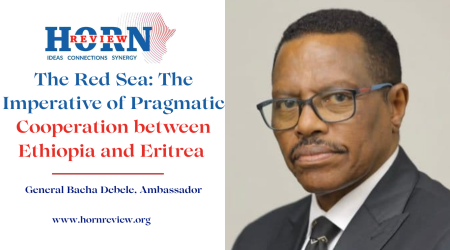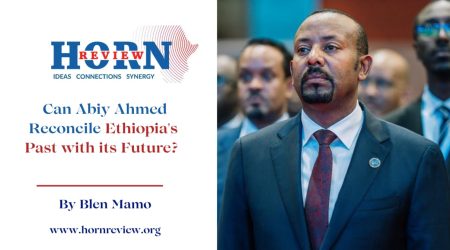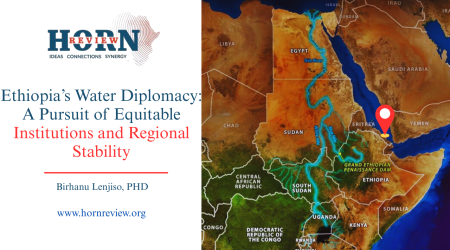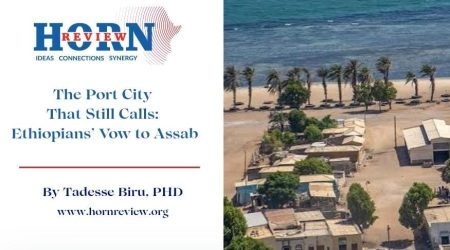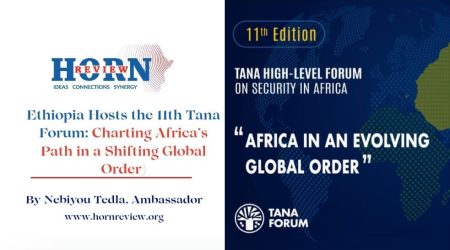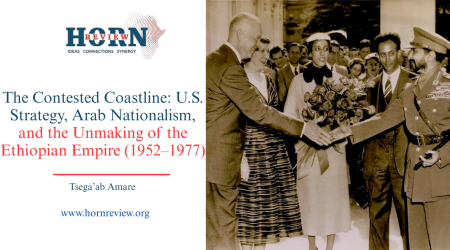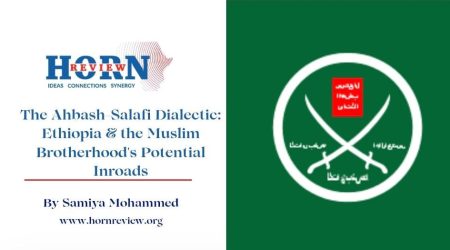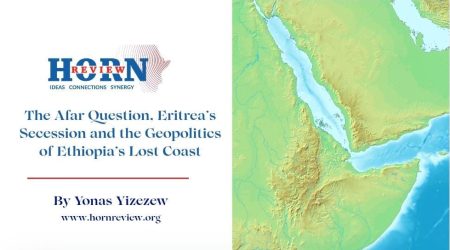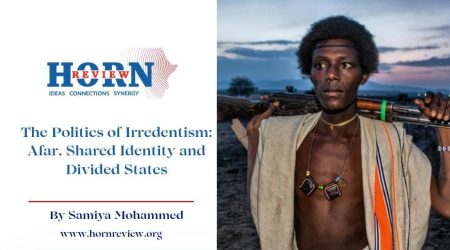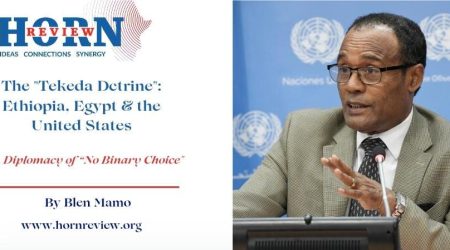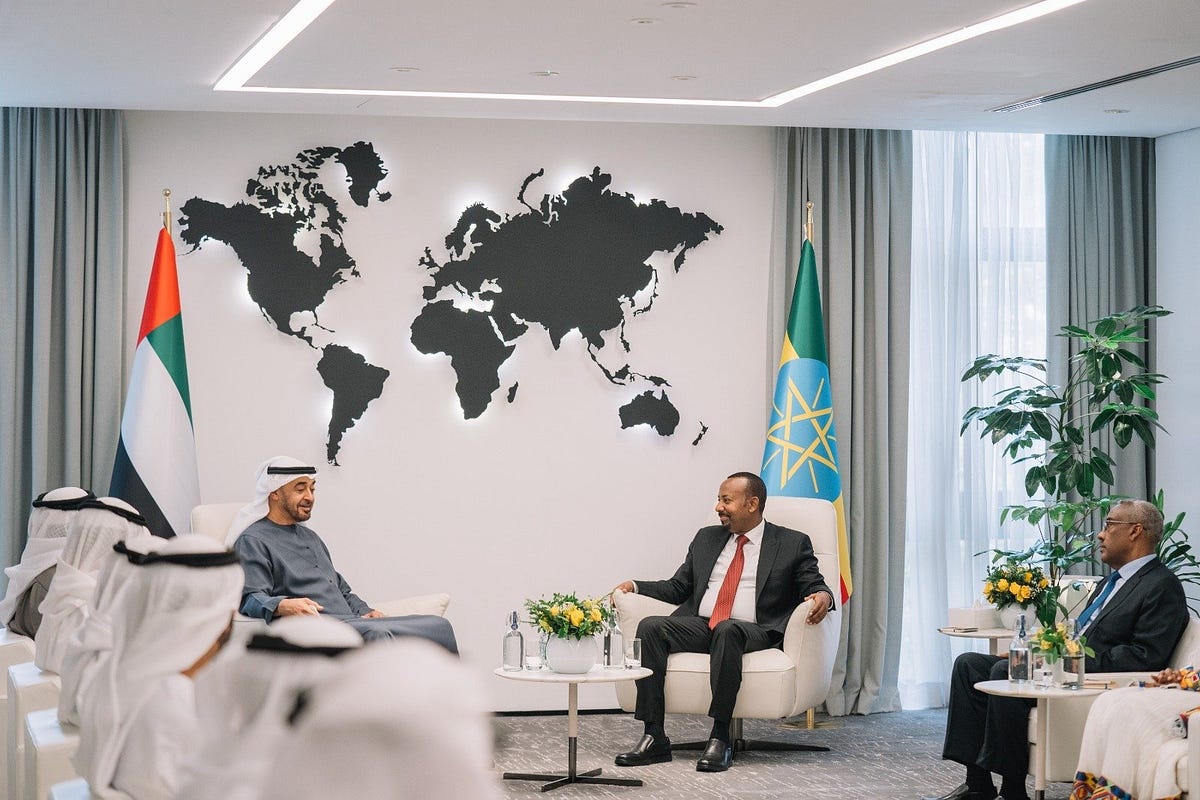
8
Aug
Ethiopia–UAE Relations: Strategic Partnership or Structural Imbalance?
The burgeoning relationship between the United Arab Emirates (UAE) and Ethiopia under Prime Minister Abiy Ahmed has been widely portrayed as a strategic alliance. Yet beneath the surface of mutual cooperation lies a discernible asymmetry, one that increasingly invites scrutiny. Ethiopia has emerged as the UAE’s central partner in the Horn of Africa, benefitting from substantial aid, investment, and security cooperation. However, as Abu Dhabi deepens its influence, the distinction between strategic alliance and structural imbalance becomes increasingly important to examine.
The trajectory of this relationship cannot be understood without situating it within the evolution of the UAE’s foreign policy posture. Under Sheikh Zayed, Emirati diplomacy was marked by consensus and restraint. The transition to Sheikh Khalifa, and more decisively to Crown Prince Mohammed bin Zayed (MBZ), ushered in a paradigm shift. Foreign policy became more assertive, interventionist, and ideologically driven. This shift manifested most notably in the UAE’s expansive military and economic engagements following the Arab Spring, from Libya and Yemen to the construction of overseas bases such as Assab in Eritrea. Commercial power, particularly through state-linked entities like DP World, became a central tool for projecting Emirati influence.
At the ideological core of this transformation was a strong commitment to countering political Islam. The UAE’s assertive policies across North Africa and the Middle East were driven in part by an anti-Islamist agenda, viewing movements such as the Muslim Brotherhood as existential threats to regional stability. While this ideological lens has animated UAE policy in Egypt, Libya, and the Gulf, its relevance in Ethiopia is minimal. Ethiopia’s internal tensions are primarily ethnic and regional, not ideological. As such, the UAE’s ideological commitments have found limited expression in Ethiopia, where the government’s secular-nationalist orientation faces no substantial Islamist threat to contain.
Instead, the UAE’s engagement in Ethiopia is rooted more in strategic and economic calculus. The Red Sea corridor, and the Bab al-Mandeb Strait in particular, represents a critical artery in global maritime trade. Abu Dhabi’s efforts to secure influence along this corridor are central to its broader geopolitical strategy. Through DP World and other state-backed investors, the UAE has poured billions into African infrastructure projects, with a particular focus on ports, logistics, and agriculture. In the Horn of Africa, Ethiopia’s landlocked status presents both a challenge and an opportunity. Historically dependent on Djibouti for maritime access, Ethiopia has long sought alternative routes to the sea.
The Berbera port project in Somaliland stands as a central case in this strategy. Initially structured to include UAE, Ethiopian, and Somaliland stakeholders, the project was conceived as a mutually beneficial platform to unlock Ethiopia’s access to the Gulf. While Ethiopia’s failure to fulfill infrastructure commitments led to the withdrawal of its stake in 2022, the subsequent 2024 Memorandum of Understanding with Somaliland intended to grant Ethiopia renewed coastal access. Brokered with the backing of the UAE, the move closely aligns with Emirati ambitions in the region and reflects a convergence of strategic interests.
From Addis Ababa’s perspective, the UAE’s support has delivered tangible dividends. The initial $3 billion injection in 2018 facilitated critical reforms, while Emirati businesses have expanded into sectors ranging from agriculture to aviation. Militarily, the UAE has trained elite Ethiopian units and provided sophisticated arms systems. During the Tigray conflict, Emirati aerial platforms reportedly played a significant role in shifting the balance in favour of the federal government. These developments have helped consolidate Abiy’s domestic authority and elevated Ethiopia’s regional profile.
The scale and scope of Emirati engagement have prompted debate about the long-term balance of the relationship. Concerns within Ethiopia’s policy and civil society circles include the opacity of certain investment deals, reports of questionable land agreements, and the implications of debt exposure to Gulf-backed initiatives. While Ethiopia retains clear decision-making autonomy in regional affairs, the depth of Emirati involvement – across financial, security, and infrastructure domains – requires careful management to ensure the partnership remains equitable and strategically beneficial.
This evolving dynamic carries broader geopolitical implications. Ethiopia’s alignment with Abu Dhabi has reverberated across the Horn of Africa, triggering heightened tensions with Somalia. The 2024 Berbera agreement, in particular, was perceived in Mogadishu as a challenge to Somali sovereignty, prompting diplomatic reprisals and the forging of counter-alliances with Turkey and Egypt. In this context, the UAE-Ethiopia axis appears to be accelerating bloc formation and strategic polarization within the region. Eritrea and Egypt, traditionally cautious of Ethiopia’s rise, have recalibrated their policies in response, with Egypt in particular intensifying its engagement in regional security matters.
The rapidly deteriorating relationship between Sudan and the UAE – punctuated by Khartoum’s accusations that Abu Dhabi is backing the Rapid Support Forces (RSF) with weapons, drones, and foreign fighters – has introduced new volatility to the Horn of Africa. For Ethiopia, which shares a contested border and a tense history with Sudan, this geopolitical shift presents both risks and strategic considerations. On one hand, Ethiopia’s deepening ties with the UAE, especially in infrastructure and military cooperation, could strain its already fragile relationship with Sudan. On the other hand, Addis Ababa may see an opportunity to position itself as a stabilizing actor or mediator, particularly given its vested interest in Red Sea security and regional trade. Navigating this crisis will require Ethiopia to balance its partnership with Abu Dhabi against the imperative of avoiding further deterioration in relations with Sudan – a neighbor whose internal conflict has direct implications for Ethiopia’s border security, refugee flows, and regional standing.
Ethiopia’s strategic position makes it an increasingly pivotal actor in the wider Gulf-African interface. This prominence brings both opportunity and risk. The region’s fluid alignments – as seen in diverging Gulf positions on Sudan – underscore the need for Ethiopia to engage with partners like the UAE on clearly defined, interest-based terms. While the returns from such partnerships can be significant, avoiding entanglement in broader rivalries will be essential to safeguarding Ethiopia’s long-term autonomy and regional standing.
The relationship rests on a dynamic but delicate balance. For Ethiopia, the key challenge lies in preserving policy independence while effectively leveraging foreign partnerships to support its national development goals. For the UAE, the task is to deepen strategic engagement without provoking regional backlash or overreaching. The true character of the alliance will be shaped less by rhetoric and more by the ongoing balance of initiative. As long as Ethiopia continues to assert its agency and shape terms of cooperation, the partnership holds the potential to remain mutually advantageous. However, the risk of imbalance will require constant recalibration to avoid a scenario where external influence begins to overshadow domestic priorities.
The future of this partnership depends on how effectively Ethiopia navigates the complex currents of Gulf geopolitics – extracting tangible benefits while remaining the principal architect of its own strategic direction.
By Mahder Nesibu, Researcher, Horn Review
Further Reading on the UAE and its Foreign Policy
Reflections on Mohammed bin Zayed’s Preferences Regarding UAE Foreign Policy
Mohammed bin Zayed’s Dark Vision of the Middle East’s Future – The New York Times
MTA-PB35_UAE_Engagement_in_Ethiopia_Gebru_Korrektur.pdf
The United Arab Emirates in the Horn of Africa | International Crisis Group

